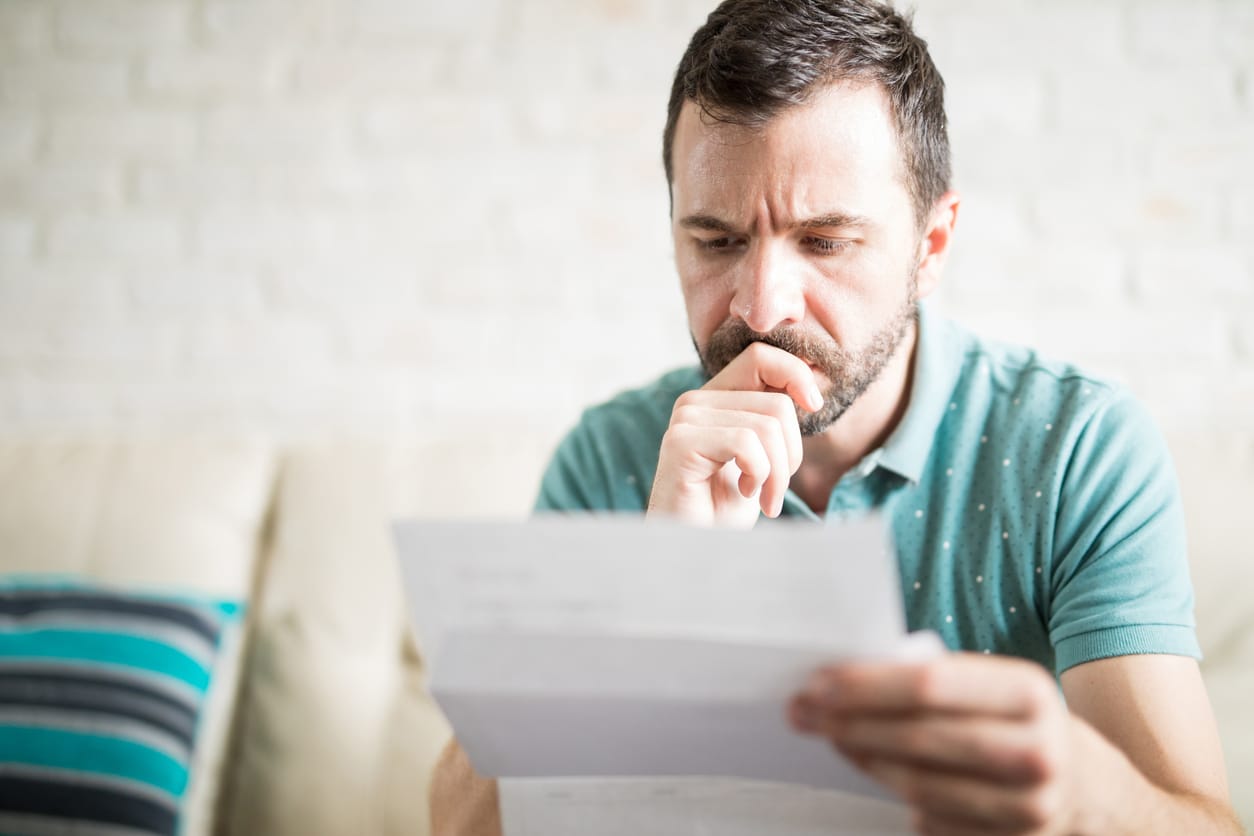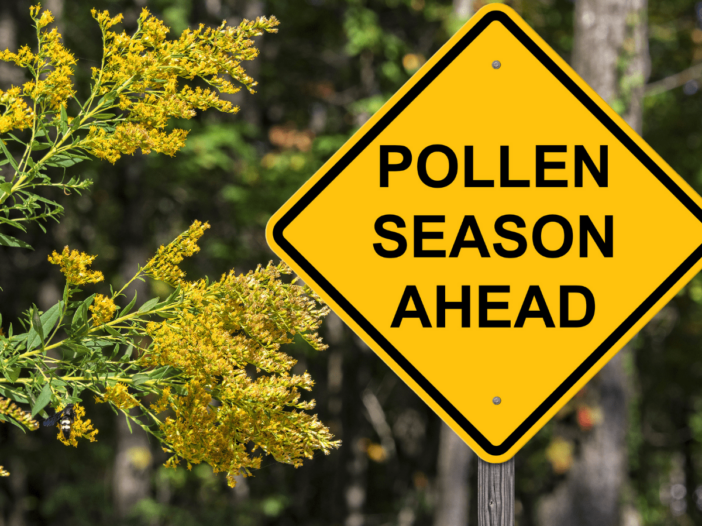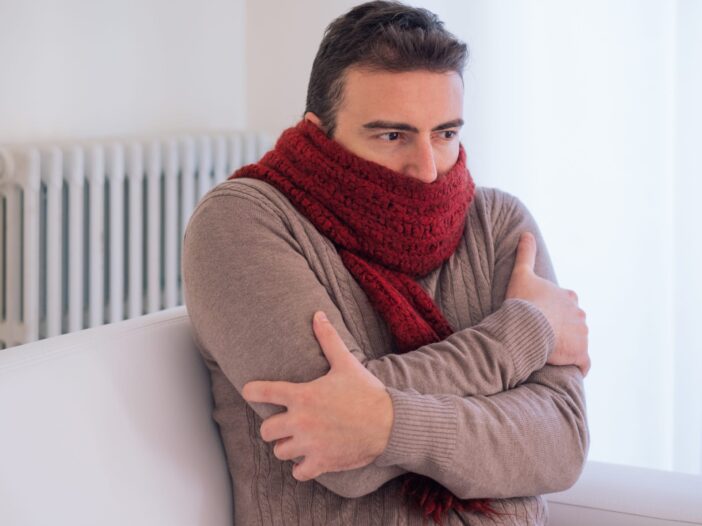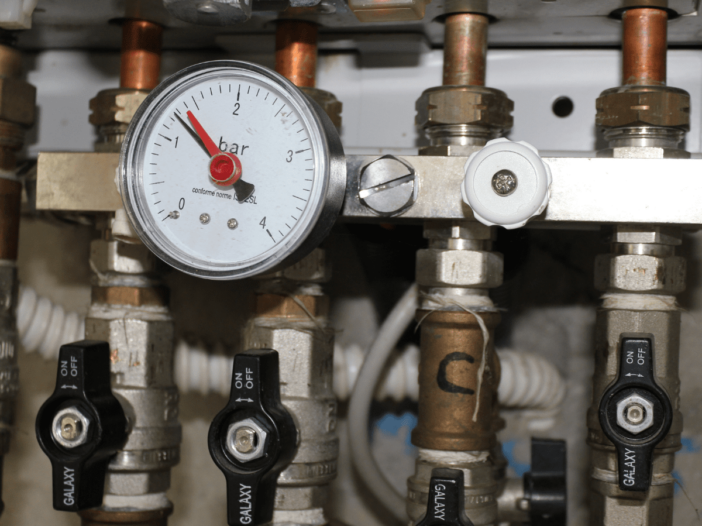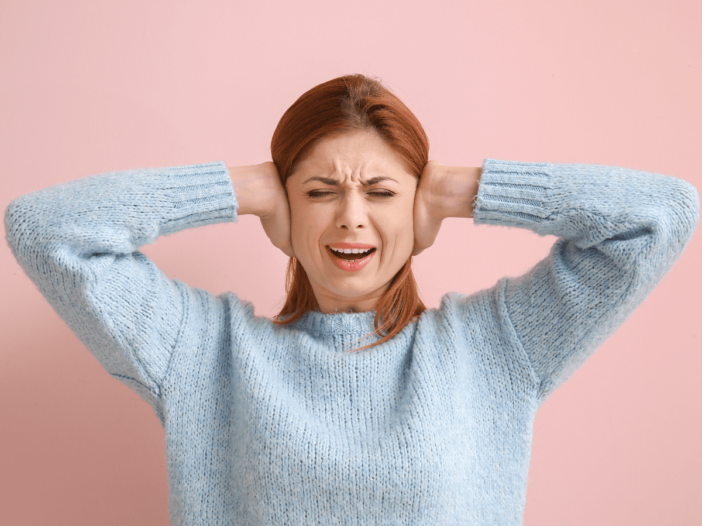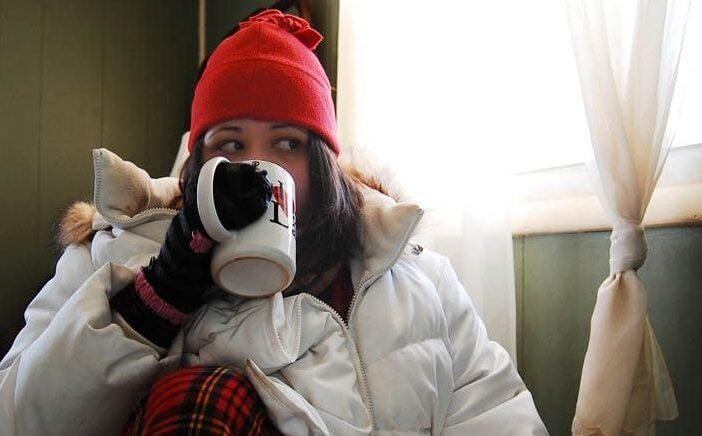Our Blog
Request Service

Why Choose P.K. Wadsworth Heating & Cooling?
Cleveland’s Home Comfort Provider Since 1936
- Over 85 years in business
- Family-owned & operated
- Trained & certified technicians
- On-time & reliable services
- Maintenance plans available
- Same-day services
- Over 2k five-star google reviews from customers



